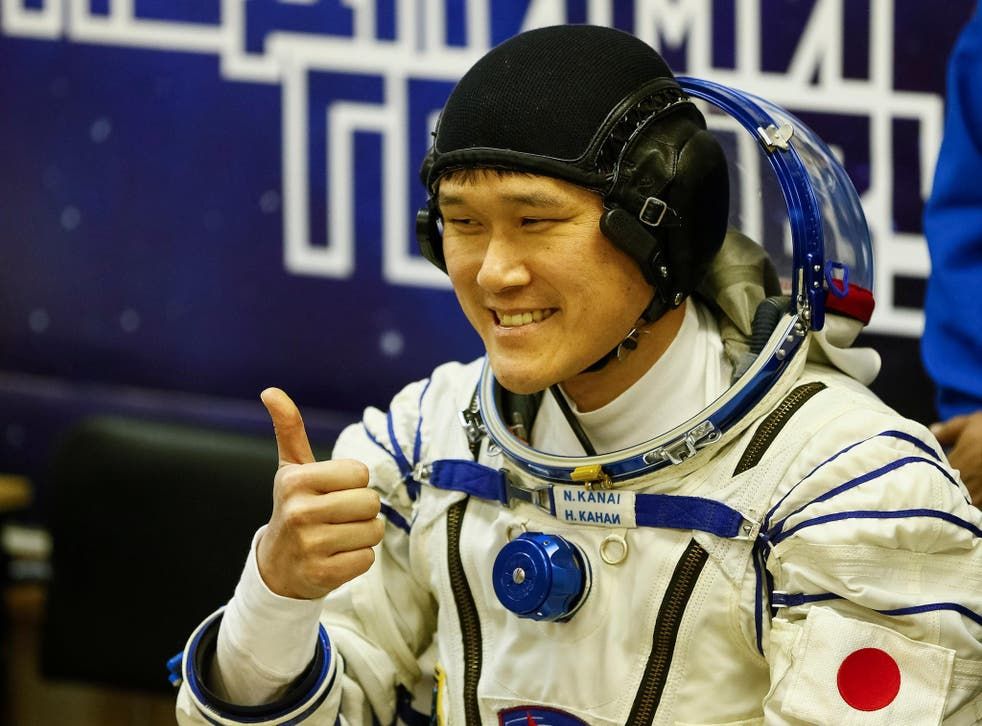
Japan’s Effort to Manage the Growing Problems of Space
Article by Robert Farley April 23, 2021 (thediplomat.com)
• Much like the United States and Western Europe, the Japanese economy requires spaced-based communications technology to knit together the fabric of its industrial base. By some estimates, Japan has the fourth most orbital satellites in the world. Consequently, Japan’s Ministry of Defense is collaborating its civilian space agency, Japan Aerospace Exploration Agency (JAXA), to establish a ‘Space Operations Squadron’ (SOS) within the Air-Self-Defense Force. The SOS expects to achieve operation readiness by 2023.
• The duties of the 100 member Space Operations Squadron will be largely defensive, working closely with U.S., German, and French space organizations. It will monitor potentially hostile foreign satellites and track space debris.
• Japan has not undertaken an anti-satellite weapons test, and the development of offensive anti-satellite technology may not conform with Japan’s constitutional framework. The legacy of World War II continues to loom large in East Asia. It is difficult to imagine that an ASAT test would be well-received either inside or outside of Japan. It is not difficult to imagine that Japan’s SOS could profitably share responsibilities with the U.S. Space Force in ways that would enhance the latter’s counter-space capabilities.
• On the civilian side, Japan has taken the lead on developing techniques for “cleaning” space of human-made debris and junk with several private firms collaborating with JAXA on using alternative techniques for clean-up, from magnetic docking systems to electromagnetic tethering to lasers.
• Japan’s highly advanced technological base makes it an enormous potential space power. The Space Operations Squadron may be the first indication of Japan flexing its “space muscles” as the strategic situation with China in the Indo-Pacific evolves.
 As one of the world’s most technologically advanced societies, Japan is as
As one of the world’s most technologically advanced societies, Japan is as dependent upon access to space as any country in the world. Much like the United States and Western Europe, the Japanese economy requires spaced-based communications technology to knit together the fabric of its industrial base. Indeed, by some estimates Japan has the fourth most orbital satellites in the world. Although the Japanese Self-Defense Forces do not operate in the same geographic scope as their U.S. or European counterparts, they still require satellite technology for communications and surveillance purposes.
dependent upon access to space as any country in the world. Much like the United States and Western Europe, the Japanese economy requires spaced-based communications technology to knit together the fabric of its industrial base. Indeed, by some estimates Japan has the fourth most orbital satellites in the world. Although the Japanese Self-Defense Forces do not operate in the same geographic scope as their U.S. or European counterparts, they still require satellite technology for communications and surveillance purposes.
 Consequently, Japan has steadily increased its institutional military engagement with space, allowing the Ministry of Defense to collaborate with Japan Aerospace Exploration Agency (JAXA), the civilian space agency, for the first time in 2012. Japan also established a Space Operations Squadron (SOS) within the Air-Self-Defense Force in May 2020, with expected
Consequently, Japan has steadily increased its institutional military engagement with space, allowing the Ministry of Defense to collaborate with Japan Aerospace Exploration Agency (JAXA), the civilian space agency, for the first time in 2012. Japan also established a Space Operations Squadron (SOS) within the Air-Self-Defense Force in May 2020, with expected operational readiness in 2023. The squadron will have 100 members by the time it stands up. The portfolio of the squadron, which seems to most closely resemble the former Air Force Space Command in the United States, includes liaising with U.S., German, and French space organizations.
operational readiness in 2023. The squadron will have 100 members by the time it stands up. The portfolio of the squadron, which seems to most closely resemble the former Air Force Space Command in the United States, includes liaising with U.S., German, and French space organizations.
As framed thus far, the responsibilities of the Space Operations Squadron will be largely defensive, including the tracking of satellites and space debris in order to avoid collisions, as well as the monitoring of potentially hostile foreign satellites. Japan has not undertaken an anti-satellite test, and it is unclear how the development of offensive anti-satellite technology would sit within Japan’s constitutional framework, but the legacy of World War II continues to loom large in East Asia, and it is difficult to imagine that an ASAT test would be well-received either inside or outside of Japan. It is not difficult to imagine, however, that Japan’s SOS could profitably share responsibilities with the U.S. Space Force in ways that would enhance the latter’s counter-space capabilities — as suggested by the graphic below, which outlines a plan for enhancing space situational awareness (SSA) between, JAXA, the Japanese Ministry of Defense (MOD), and U.S. forces.
FAIR USE NOTICE: This page contains copyrighted material the use of which has not been specifically authorized by the copyright owner. ExoNews.org distributes this material for the purpose of news reporting, educational research, comment and criticism, constituting Fair Use under 17 U.S.C § 107. Please contact the Editor at ExoNews with any copyright issue.
Air Self-Defense Force, anti-satellite technology, China, Japan, Japan Aerospace Exploration Agency, Japan’s Ministry of Defense, space debris, Space Operations Squadron